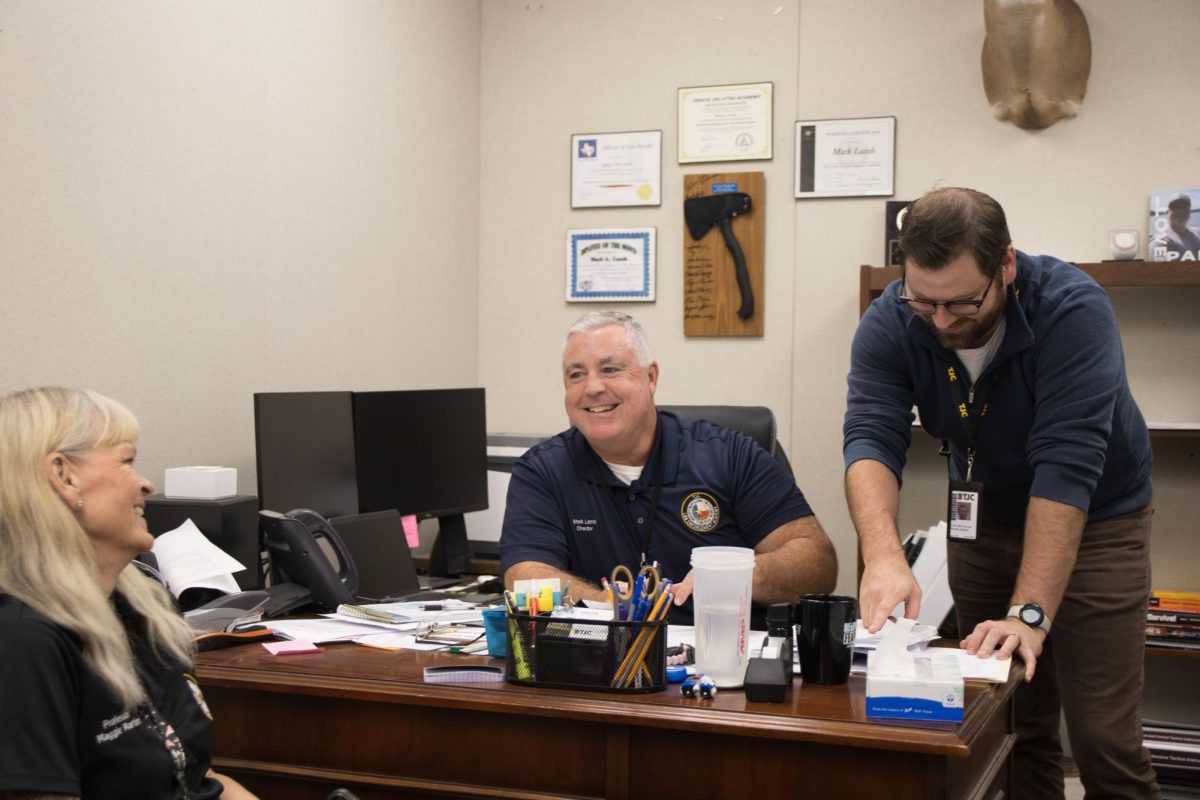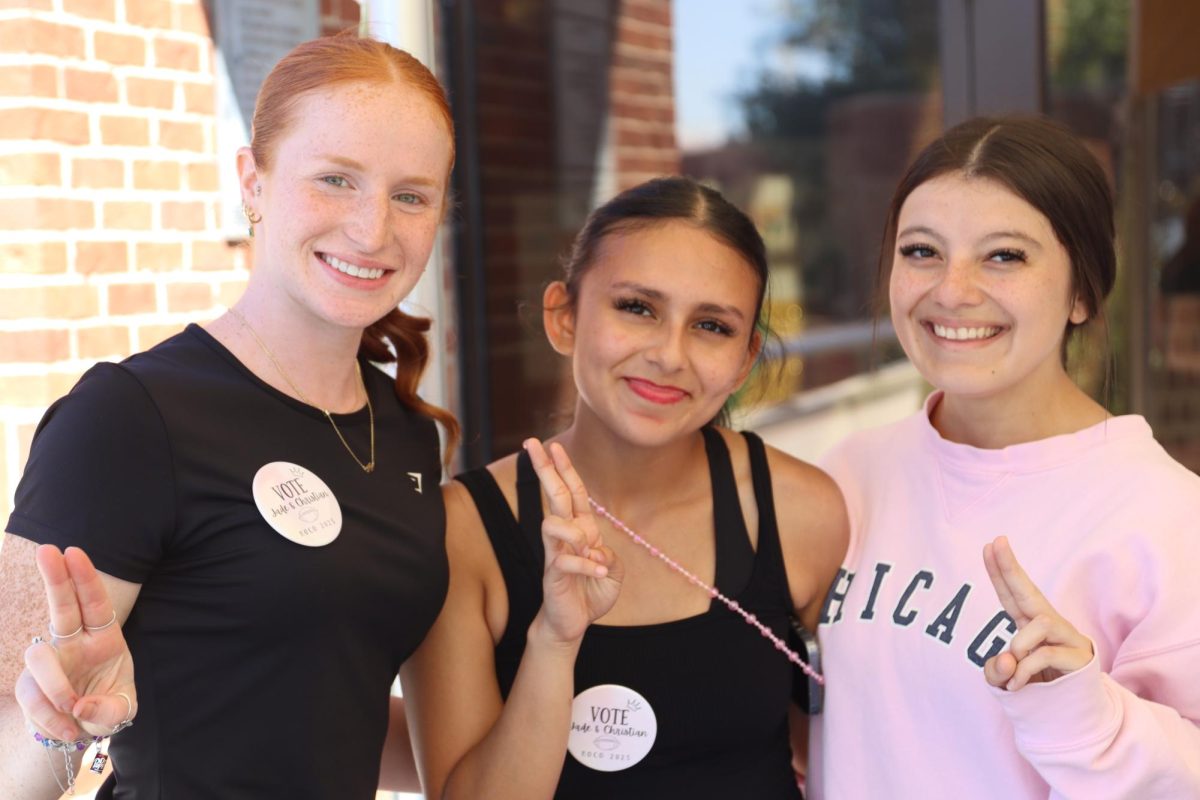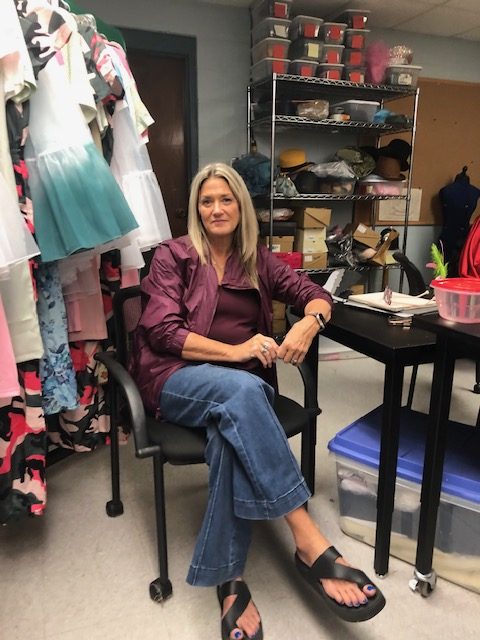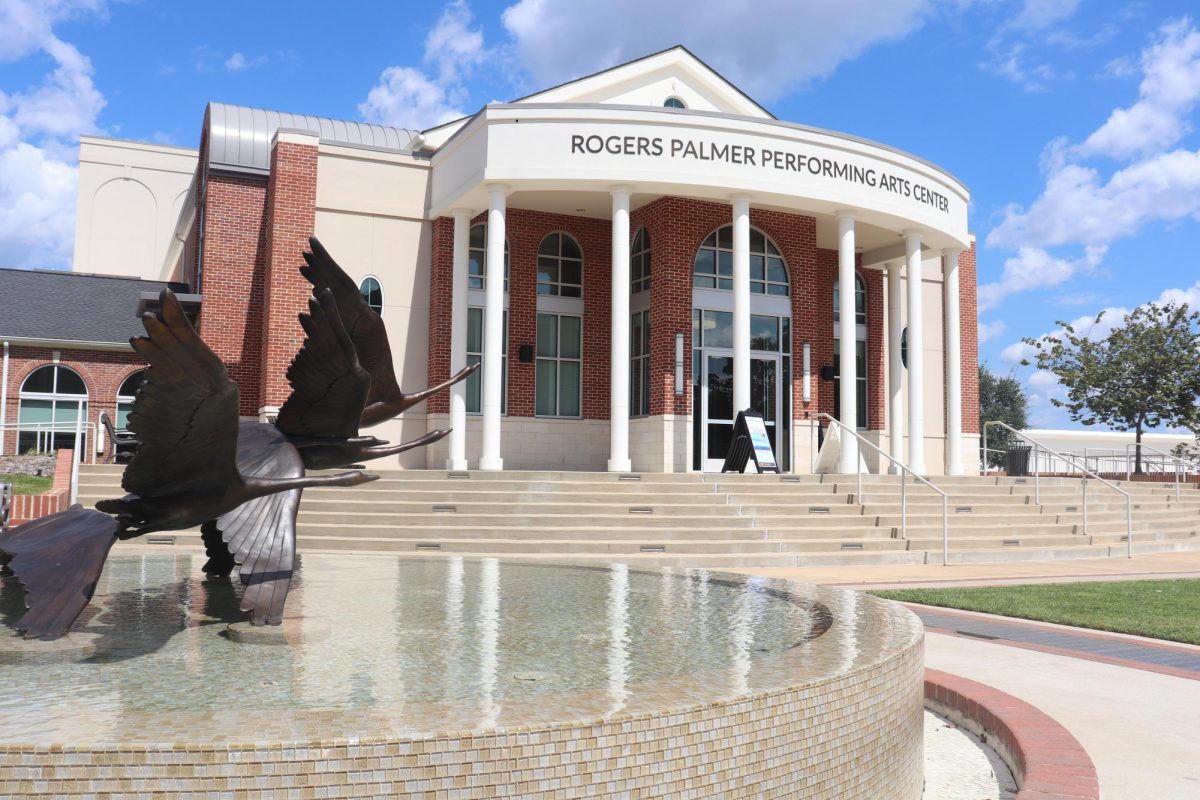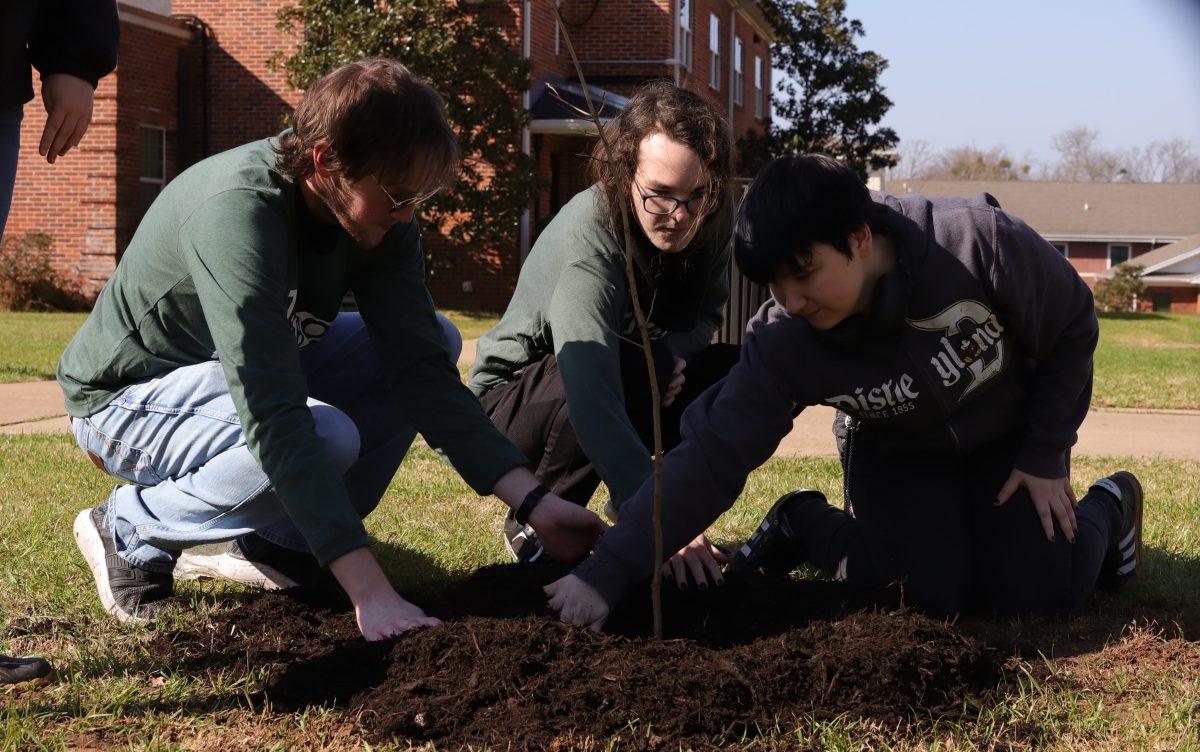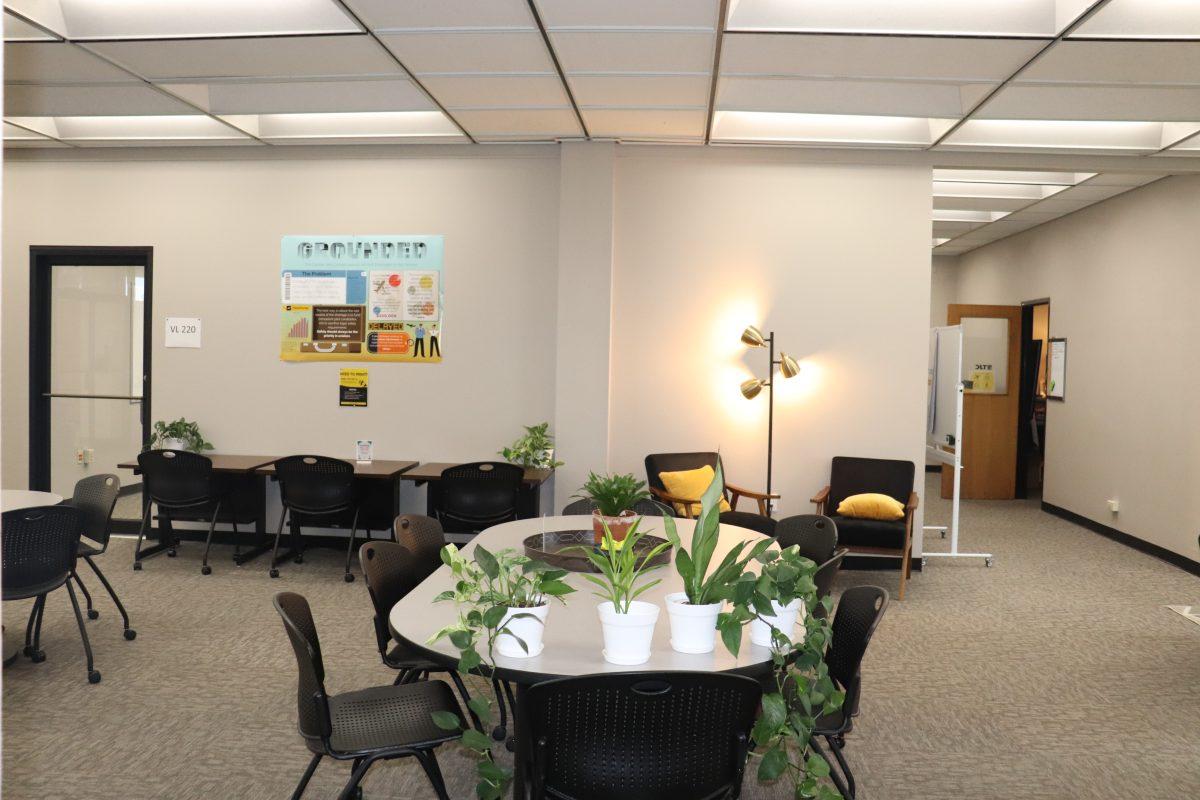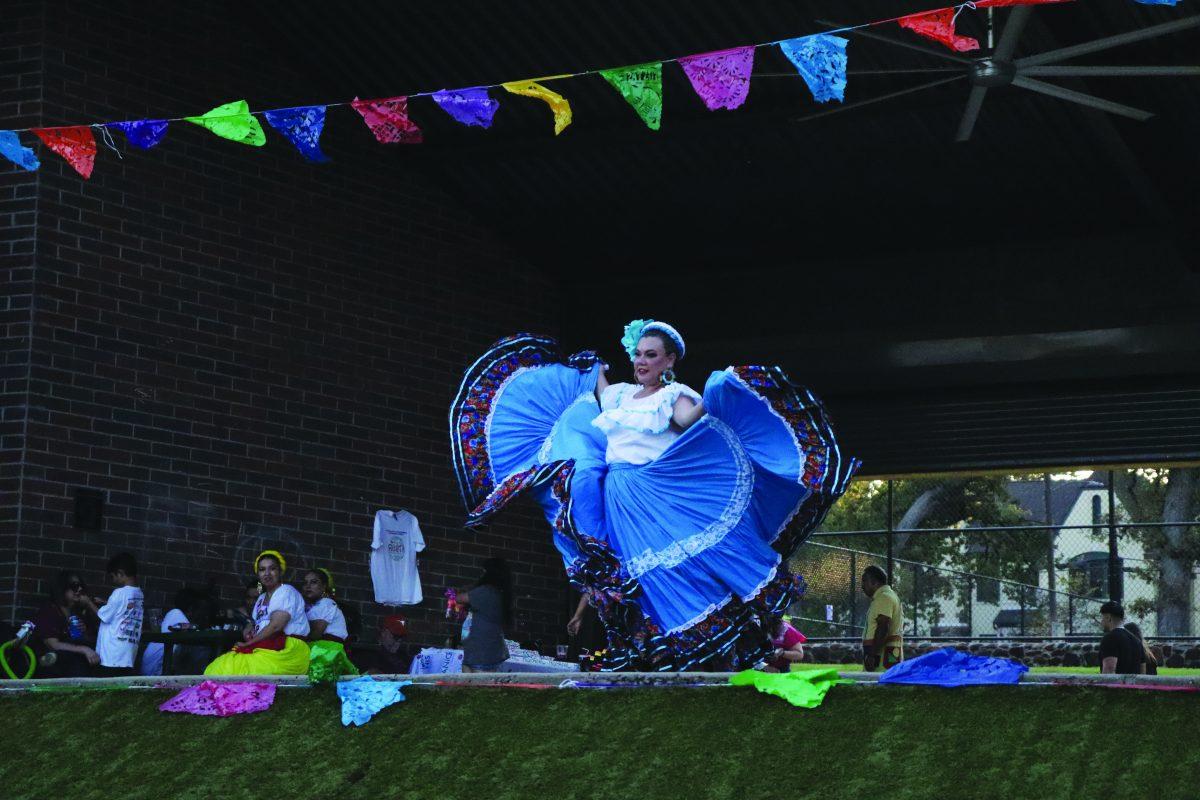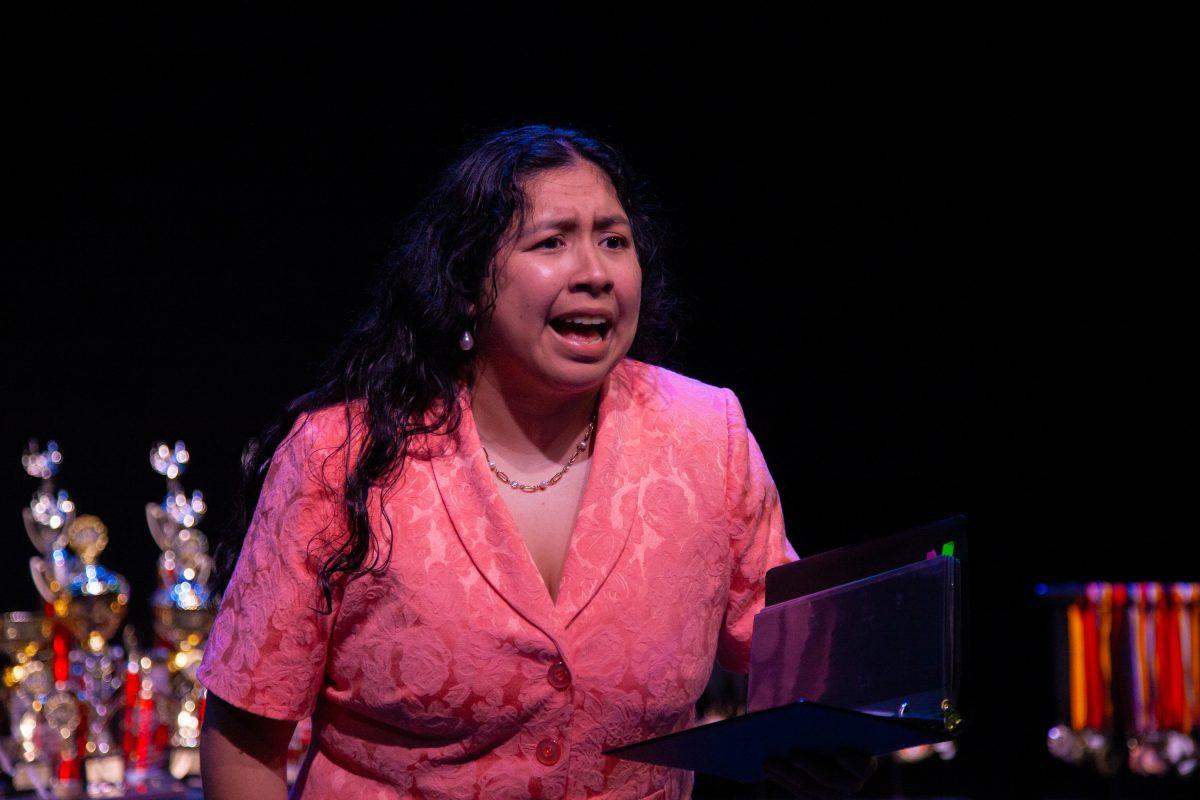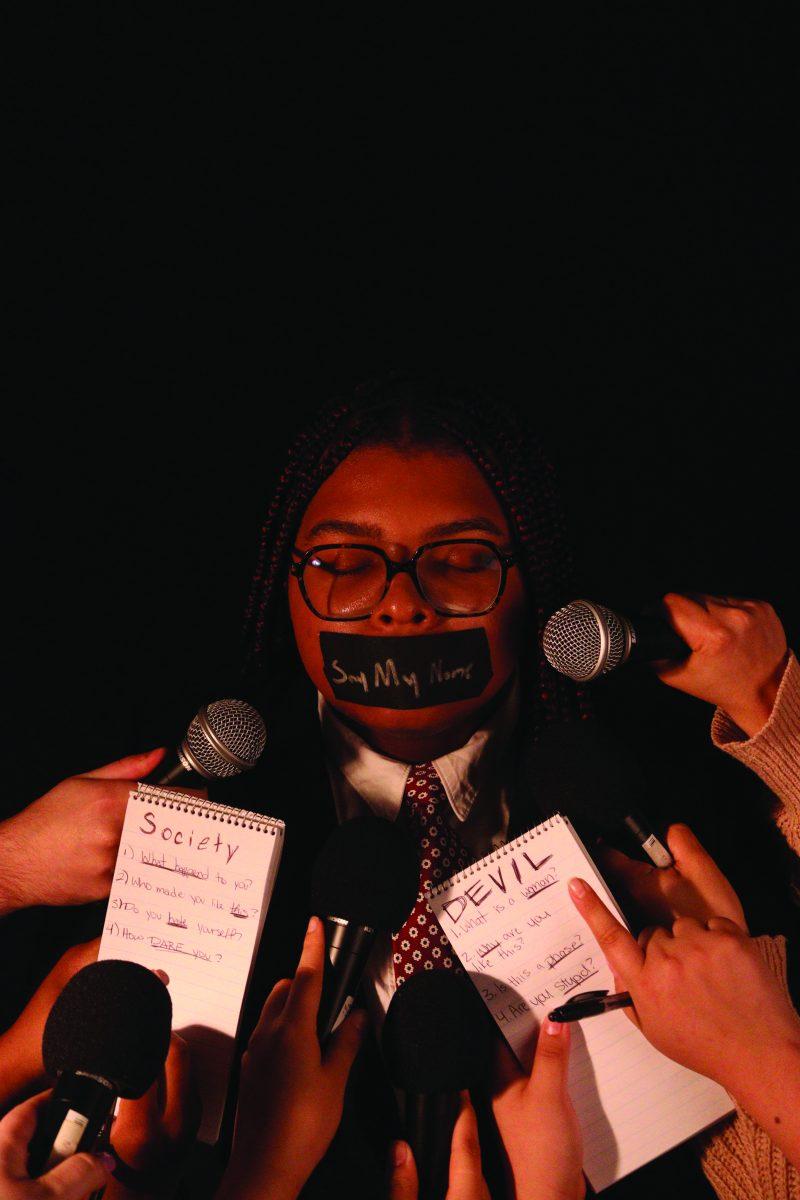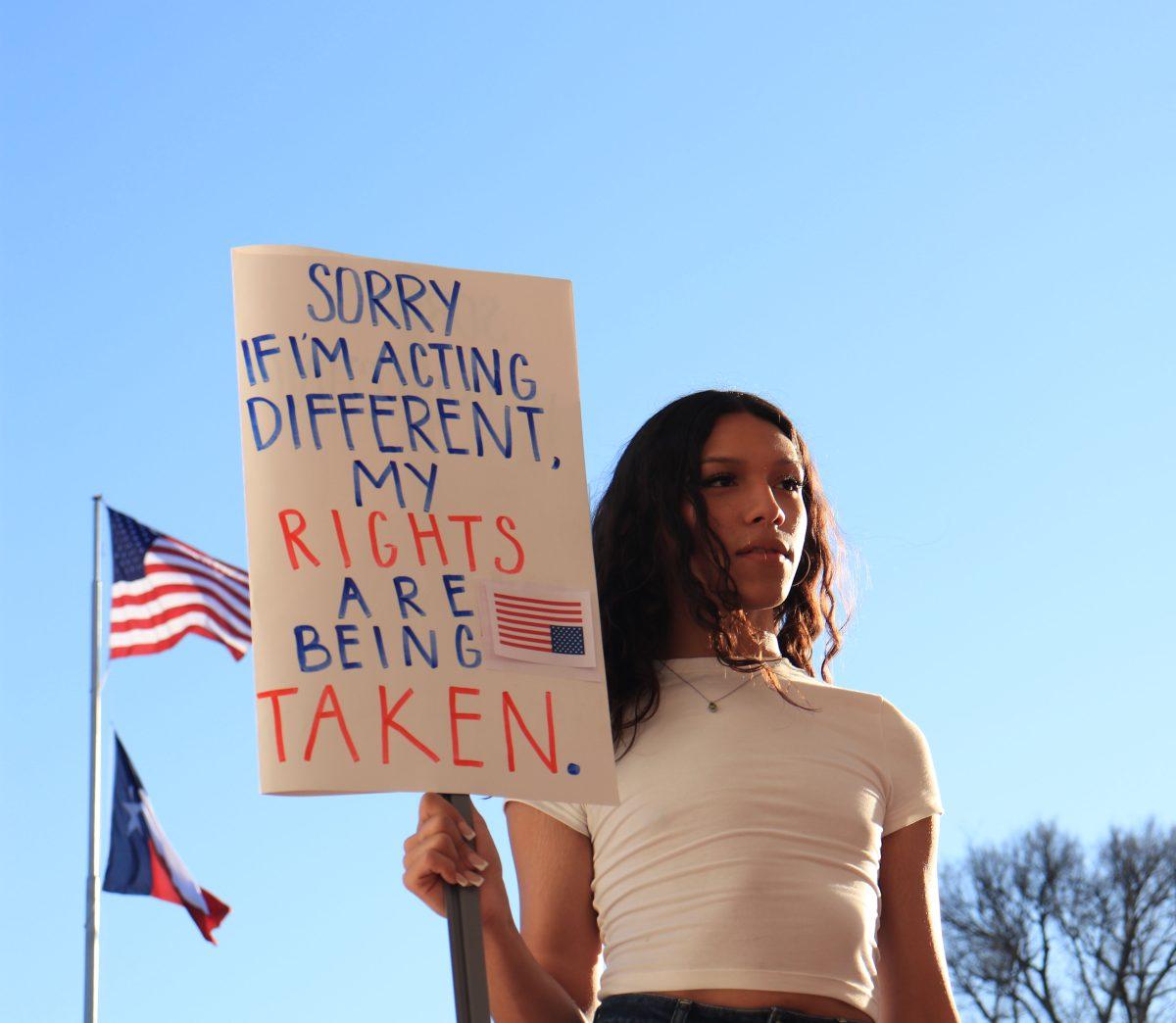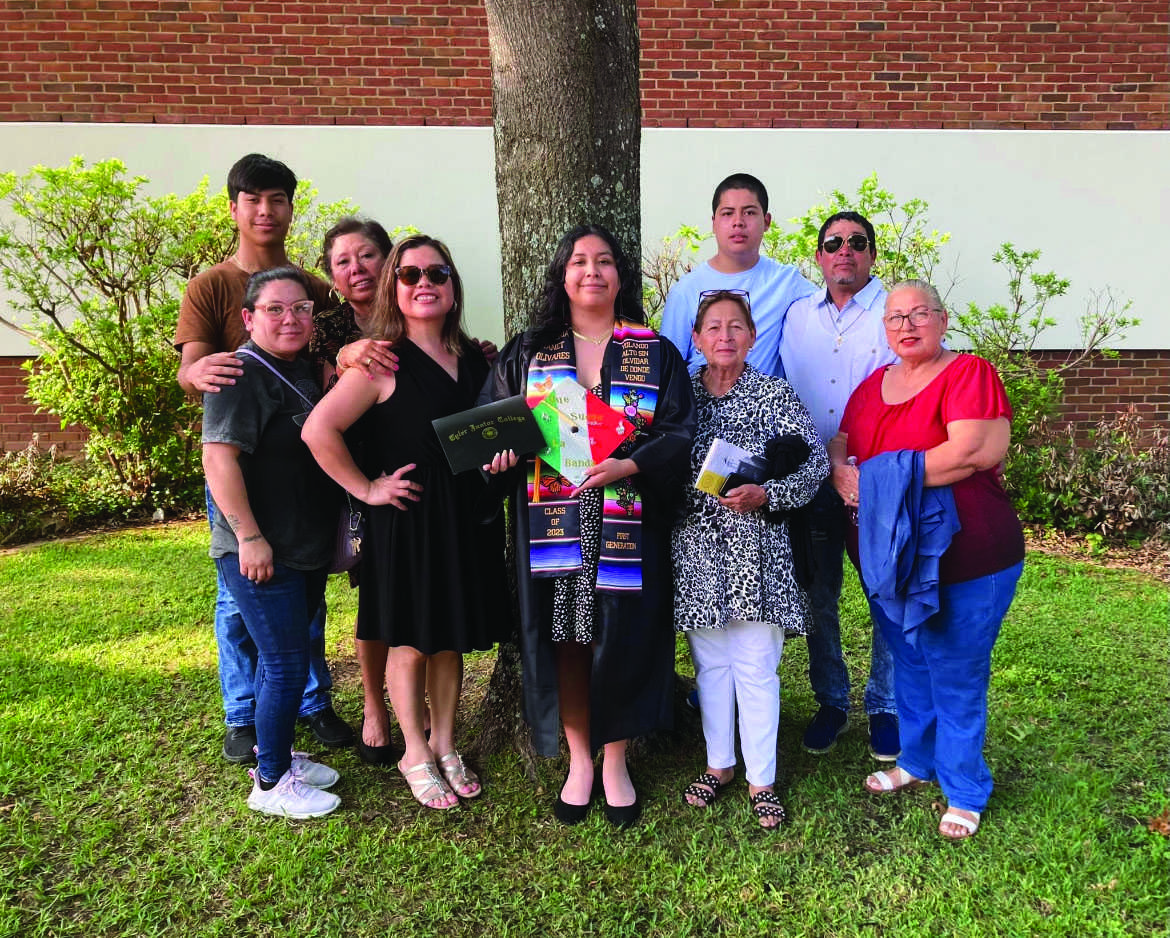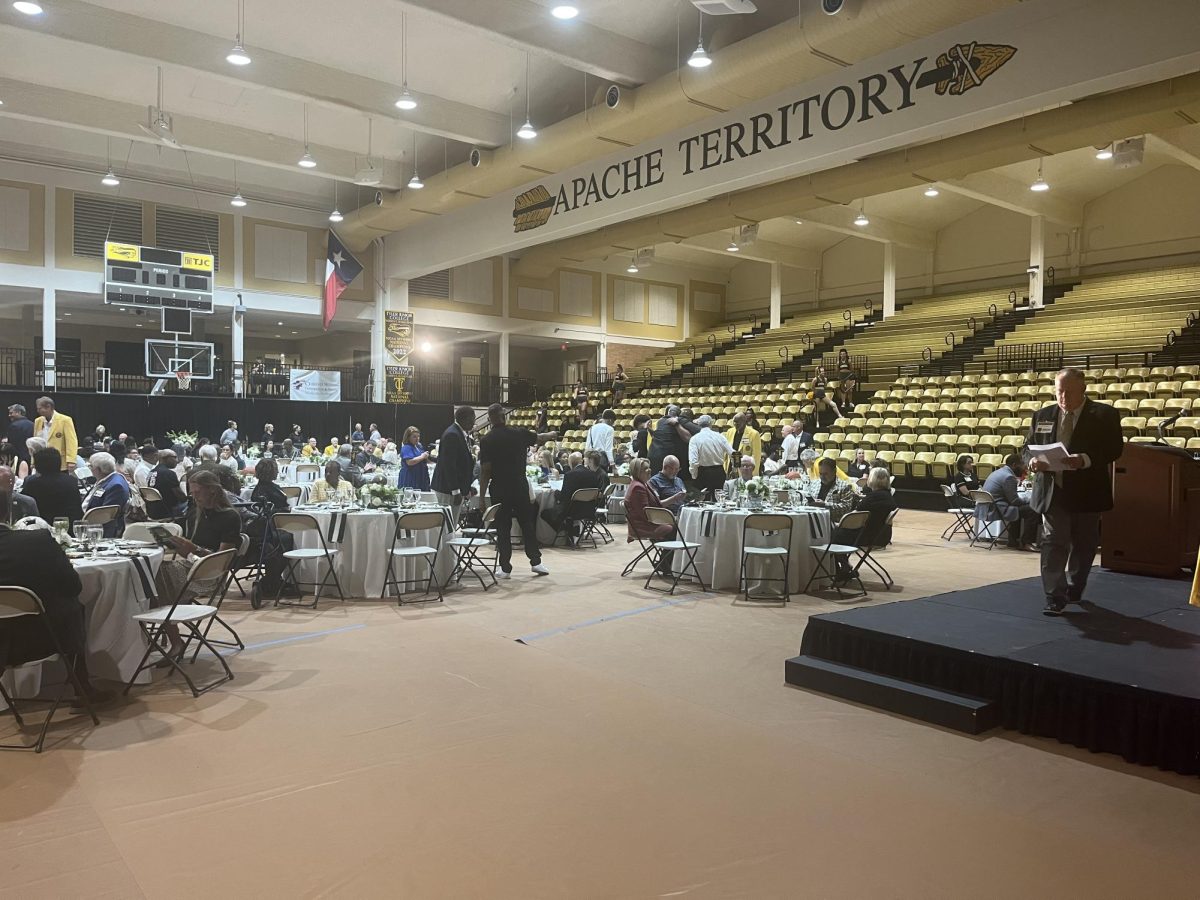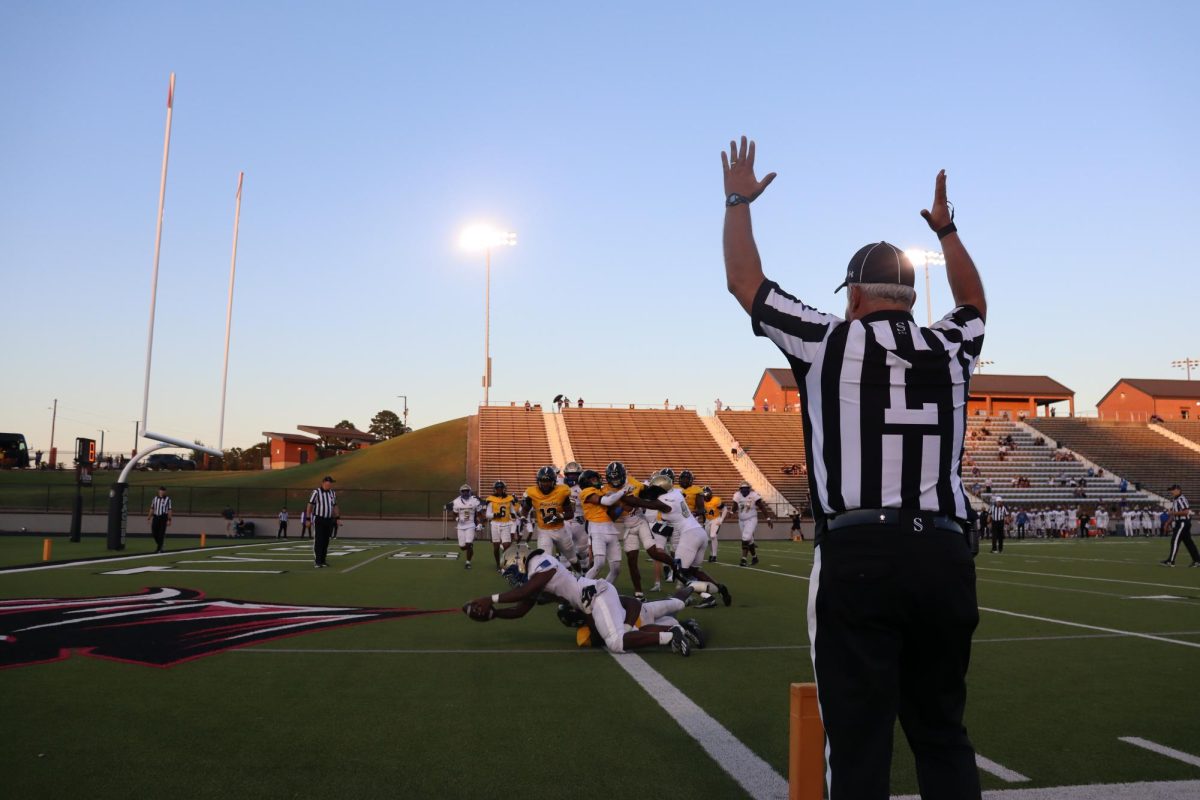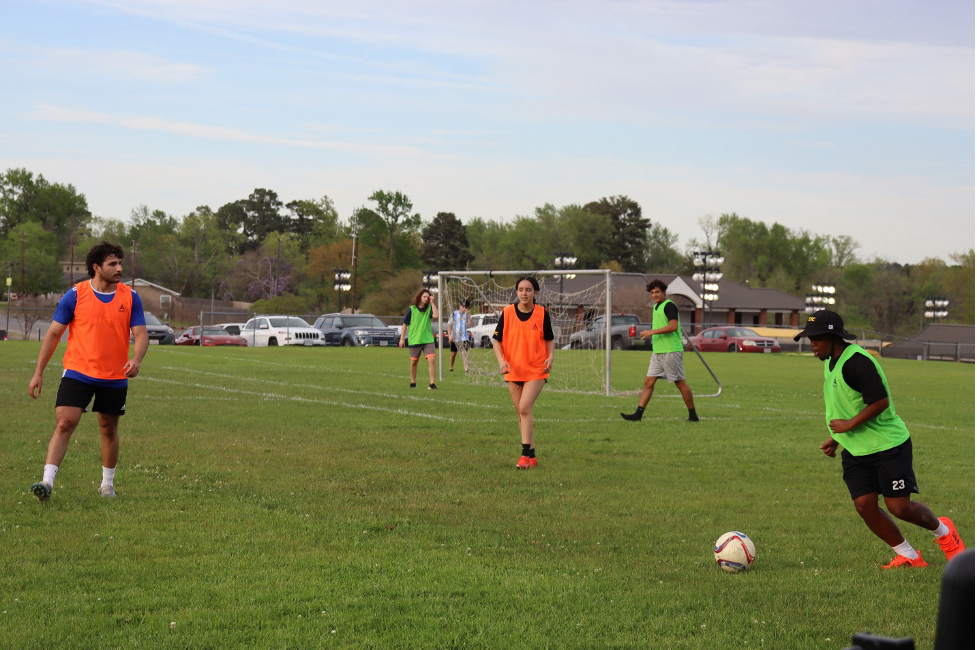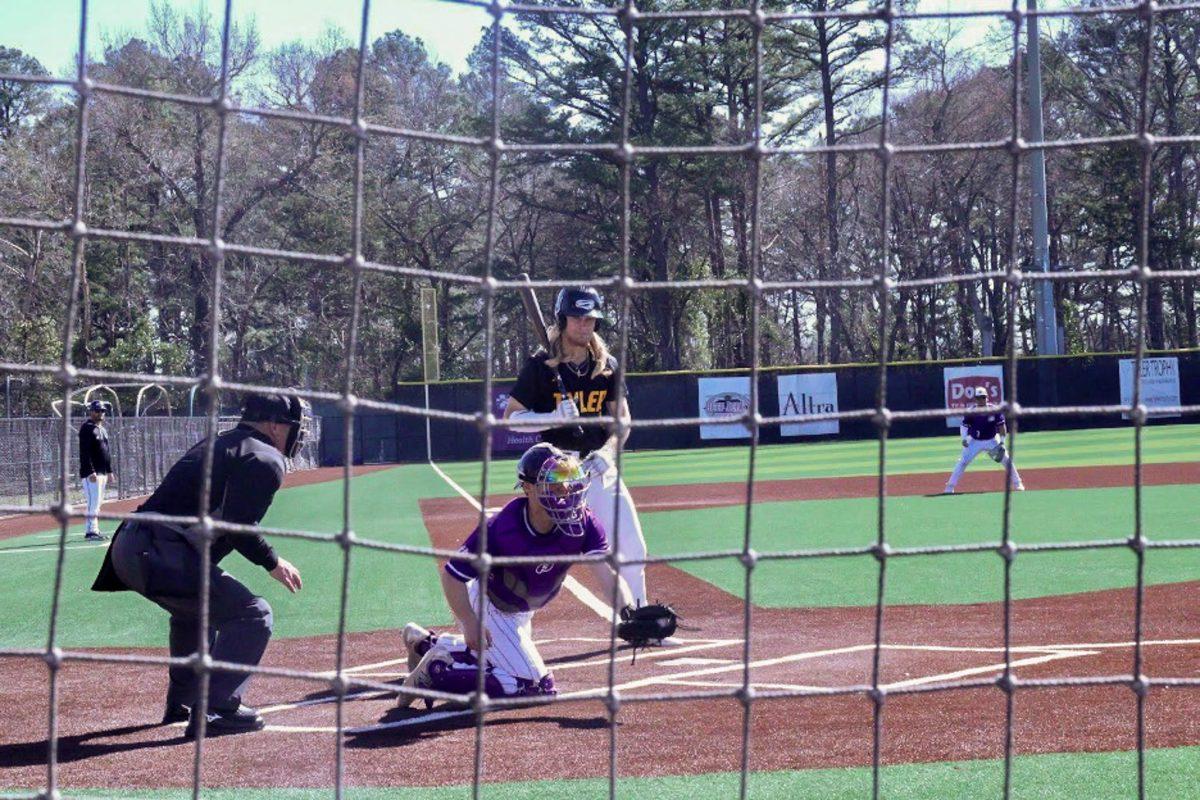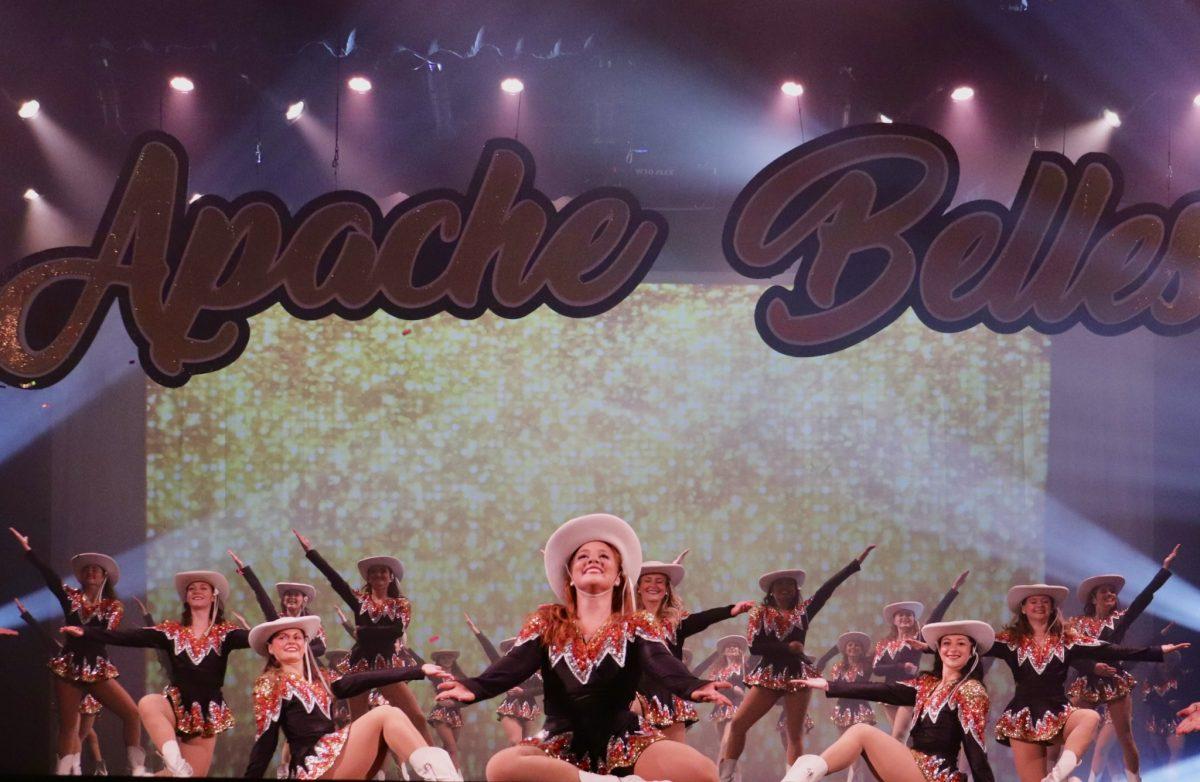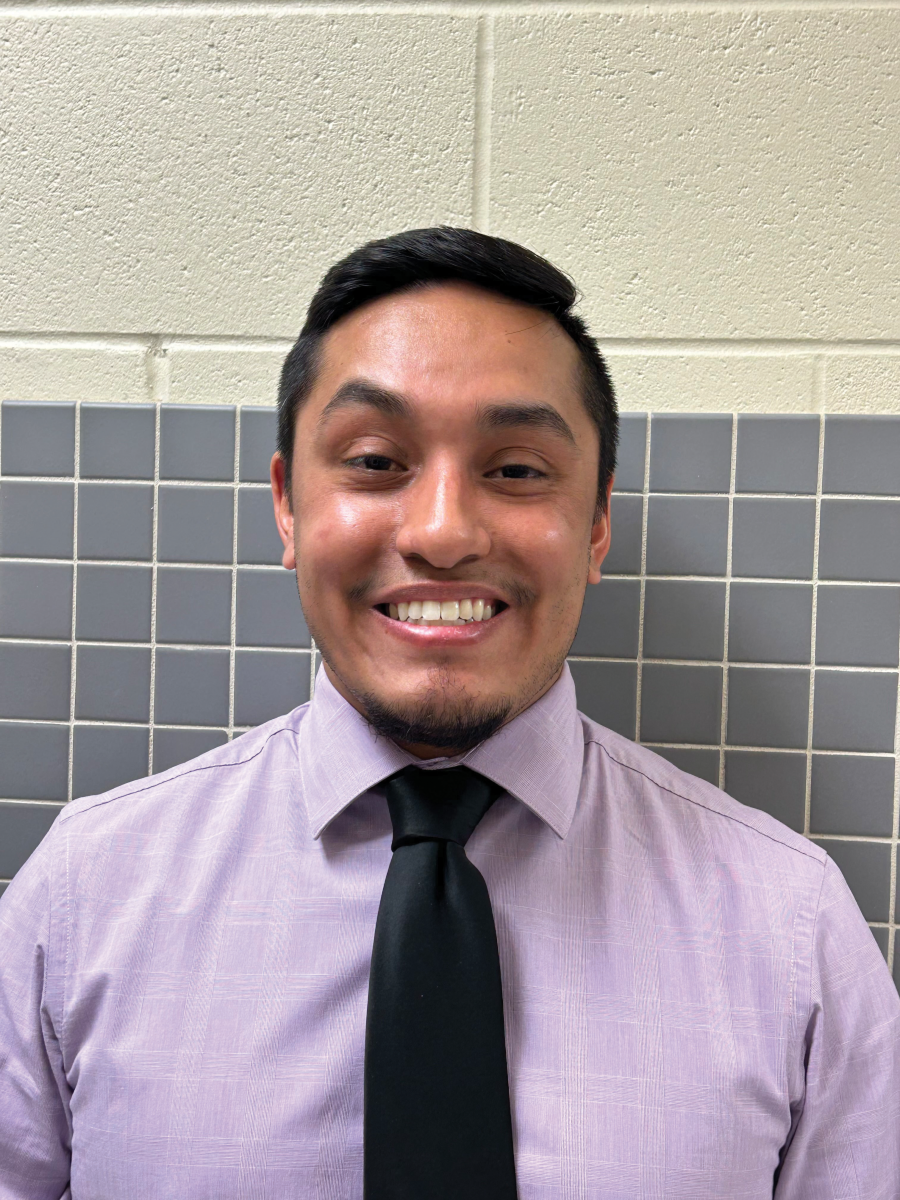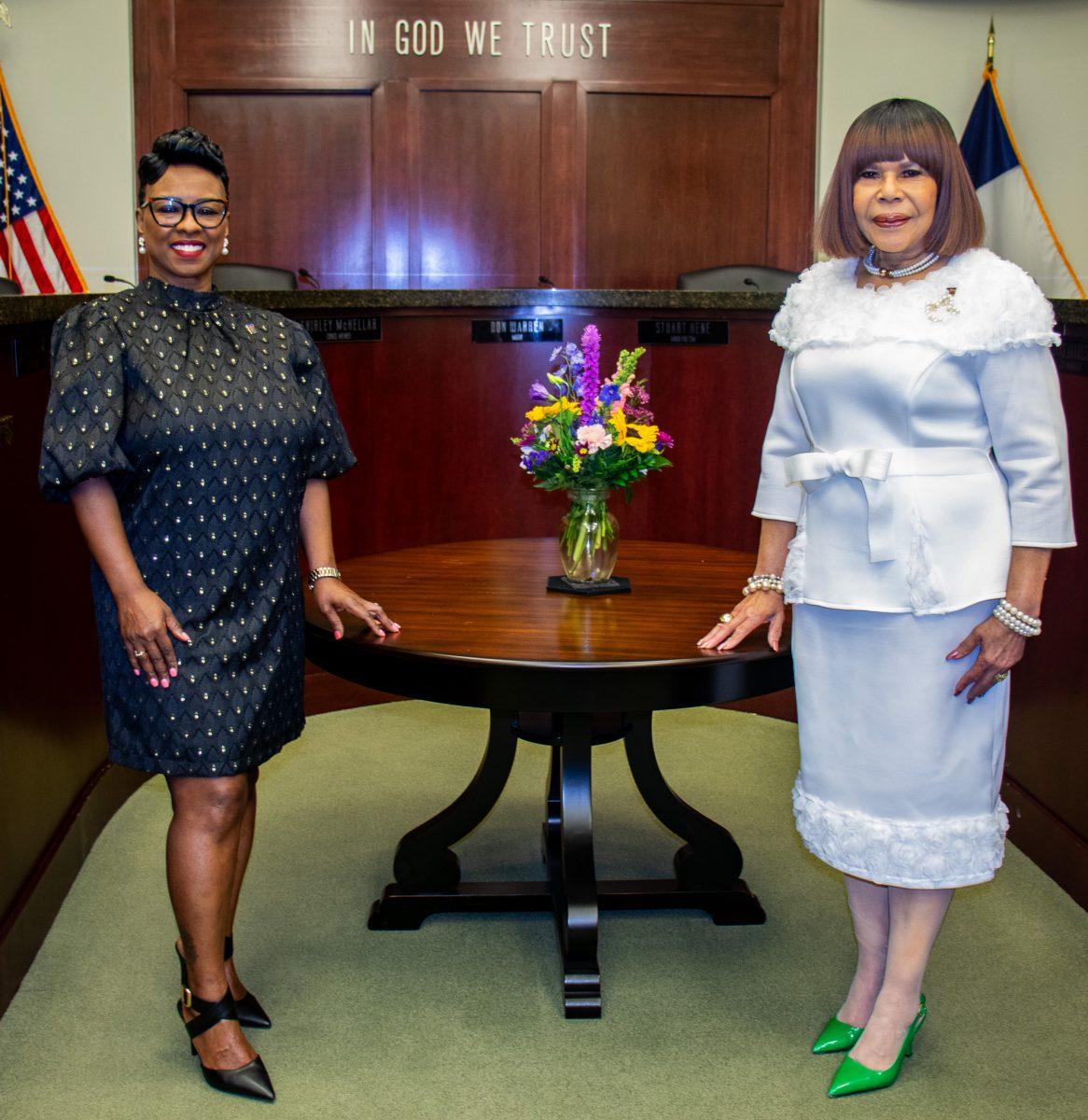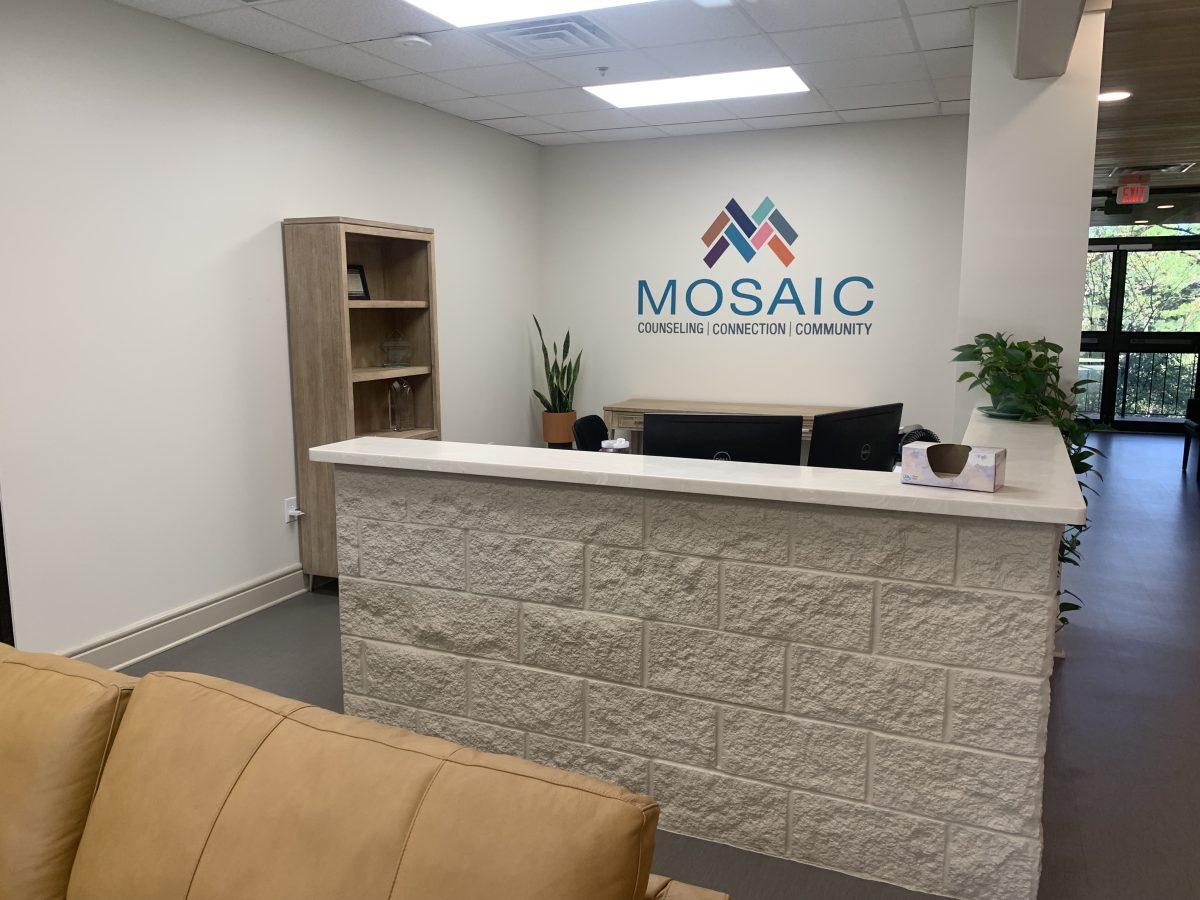Government professors are involved in shaping the minds of students and helping them learn how the government works. They also hold a role in helping develop future leaders and their ability to create an open dialogue. These professors create an open dialogue which allows students to have a safe space to discuss important topics.
A student’s learning experience in the classroom can provide them with insights and experience needed for a career in government. Professors that go above and beyond can ensure students’ overall comprehension of topics pertaining to government. They also can academically expand the minds of students by encouraging critical thinking. Government professors have the potential to shape the next generations of politicians, judges and future lobbyists.
Government professors start the introduction of the role of government and it’s holds in society. Professor Nicholas Rios teaches college students government at the University of Texas at Tyler and Tyler Junior College. Rios started teaching government in the fall of 2023 at TJC and UT Tyler, simultaneously.
Rios teaches using the socratic learning style, which creates a direct line of communication between students and professors.
“My approach to teaching for the most part is having an open discussion in class, bringing up the topic and hearing what students have to say,” Rios said.
This allows students to express their thoughts and knowledge on various topics discussed in and out the classroom.
Actively encouraging participation creates an inclusive learning environment where students feel comfortable sharing their perspectives.
When addressing controversial subjects, Rios maintains a balanced approach, by staying neutral and promoting freedom of expression among students. This approach can help students develop their thinking skills and gain a deeper understanding of a diverse range of viewpoints.
Rios believes in making himself available to students and understanding students concerns.
“It’s important to make myself available to my students as much as possible by extending office hours, addressing technical issues, clarifications and responding to emails quickly,” Rios said.
Acknowledging students have different learning preferences, Rios aims to accommodate different styles through his teaching. He observes students responses and adapts his approach accordingly, recognizing the different ways his students process information.
Rios incorporates diverse learning experiences, such as analyzing court cases and assigning related activities. He intends to cater to students individual needs, enhance their comprehension and engagement with the subject matter.
Rios encourages students to actively participate in the classroom. Government student Camry Jones has taken Rios for two classes.
“He encourages everyone to move to the front of the room to build a connection together,” Jones said.
By urging students to move to the front of the room, Rios creates a close knit learning environment. He provides additional resources beyond the classroom, equipping students with valuable tools to enhance their understanding of government topics. He directs students to use textbook and supplementary materials as often as needed to get a better understanding.
He recommends the textbook and supplementary materials is to provide additional knowledge to his students. This keeps the explanation of concepts in the same language to avoid the confusion created by inconsistency.

